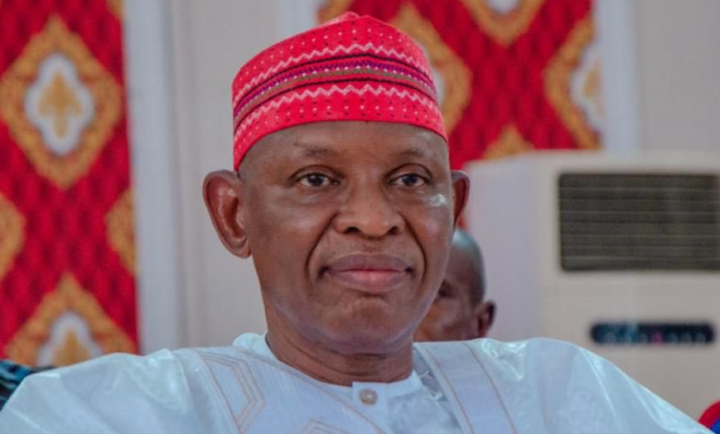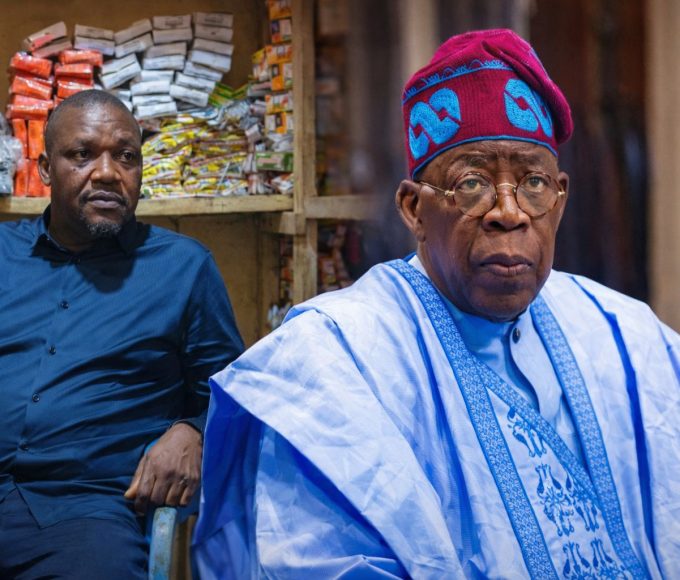
Supreme Court Reserves Judgment in Kano Governorship Appeal Amidst Controversy

In a pivotal development, the Supreme Court has opted to withhold its judgment in the Kano governorship appeal, marking a crucial chapter in the legal battle for electoral legitimacy. The apex court’s decision comes in the wake of a thorough examination of arguments presented by concerned parties during a recent hearing.
This legal saga traces back to November 17th when the Court of Appeal affirmed the decision of the election petition tribunal, unseating Governor Abba Yusuf of the New Nigeria Peoples Party (NNPP) and officially declaring Dr Nasiru Gawuna of the All Progressives Congress (APC) as the rightful winner.
The pivotal point of contention in Governor Yusuf’s appeal rested on concerns related to his party membership. The three-member appeal court panel rejected his plea, citing party affiliation discrepancies. However, the situation took an unexpected turn on November 21st when the Certified True Copy (CTC) of the court judgment surfaced four days after its delivery, revealing unsettling inconsistencies in the conclusions drawn.
As the proceedings unfolded, a five-member panel of justices, led by Justice John Okoro, took charge of hearing Governor Yusuf’s appeal. Notably, the court acknowledged the existence of nine pending appeals, urging the counsels involved to convene and reach a consensus on which among the nine appeals and cross-appeals should take precedence. The outcome of this agreement is poised to have a binding effect on the remaining eight cases, adding an extra layer of complexity to an already intricate legal landscape.
This development underscores the complexity and sensitivity surrounding electoral disputes, especially when they reach the pinnacle of the judicial system. The Supreme Court’s reserved judgment leaves the political landscape in Kano in a state of anticipation, awaiting the final resolution that will shape the region’s governance trajectory.
About The Author
Related Articles
Trump’s Greenland Threat Forces Europe to Taste the Logic of Western Colonial Power
It rarely begins with soldiers. More often, it begins with a sentence,...
ByWest Africa WeeklyJanuary 21, 2026The AFCON Final in Morocco and the Controversies That Followed
The Africa Cup of Nations final between hosts Morocco and Senegal ended...
ByWest Africa WeeklyJanuary 20, 2026Tinubu Government Claims Intelligence Cooperation With the US, Yet New York Times Publishes Conflicting Story Following $9 Million US Lobbying Effort
When the New York Times published its investigation suggesting that claims from...
ByWest Africa WeeklyJanuary 19, 2026Mali’s Transition Leader Attends Swearing-In of Guinea’s President Mamadi Doumbouya
Mali’s President of the Transition, General Assimi Goïta, represented the country in...
ByWest Africa WeeklyJanuary 19, 2026











